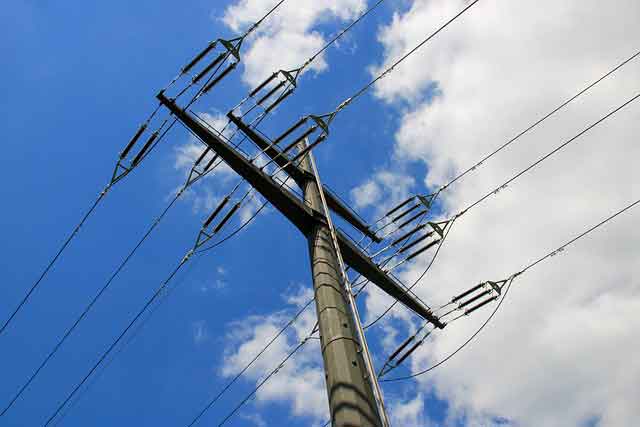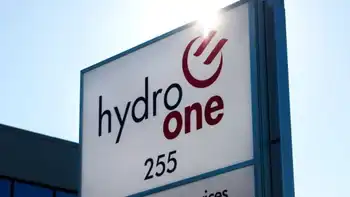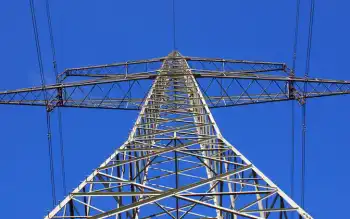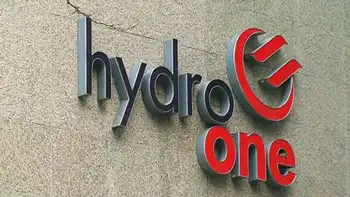Germany may delay solar incentive cuts
BERLIN, GERMANY - German Environment Minister Norbert Roettgen wants to delay some of the proposed cuts for solar power incentives, government sources told Reuters, a move that is unlikely to alter the gloomy outlook for the industry.
Roettgen's proposed 15-percent cuts in solar power incentives for roof-mounted systems is to be implemented from May 1 rather than April 1, the sources said.
Initial news about the cuts had sent global solar stocks tumbling, given that Germany accounts for about half the world's photovoltaic production.
Solar power companies, which have counted on generous German incentives to fuel their growth, have protested against Roettgen's proposed cuts.
SolarWorld, the country's biggest solar company by sales, and Q-Cells, one of the world's largest maker of solar cells, have said such cuts would be too steep, too fast and will kill jobs.
Roettgen has also faced criticism from within his own party, with regional leaders urging him to delay or water down his proposed 15-percent cut in the incentives that utilities are obligated by law to pay producers of solar power.
"This looks like a political compromise and is unlikely to take pressure off the domestic producers of modules and cells. Four weeks is nowhere near enough. It would have to be one quarter at least and even then it would only help project developers' wholesalers," said LBBW analyst Wolfgang Seeliger.
Roof installation of solar cells and modules are traditionally weak in the first quarter due to the cold weather and given the icy winter in Germany, this year is unlikely to be any different.
The government sources also told Reuters that further cuts after 2011 could be steeper than Roettgen is now planning.
If there are more than 3,500 megawatts of solar power capacity added within one year, the cuts would sink 3.5 percent in the following year instead of 2.5 percent now planned.
A spokeswoman for the Environment Ministry declined to comment on the Reuters report. She said members of parliament were now discussing Roettgen's proposal.
The sources also said the proposal to push back the 15-percent cut by one month had been agreed in consultation with leaders of Chancellor Angela Merkel's Christian Democrats and their Bavarian sister party, the Christian Social Union.
The government sources said Roettgen was still seeking backing from junior coalition partners the Free Democrats to cut the incentives, known as feed-in tariffs (FIT), that have helped make Germany a world leader in solar power.
The sources said the plans to reform the Renewable Energy Act (EEG) will be discussed in a cabinet meeting in two weeks.
Related News

The Rise of Data Centers in Alberta
CALGARY - As Alberta continues to evolve its energy landscape, the recent surge in data center projects is making headlines. With companies investing heavily in this sector, Alberta is positioning itself as a key player in the digital economy. This trend, however, brings both opportunities and challenges that need careful consideration.
The Digital Economy Boom
Data centers are essential for supporting the growing demands of the digital economy, which includes everything from cloud computing to streaming services and artificial intelligence. As businesses increasingly rely on digital infrastructure, the need for reliable and efficient data centers has skyrocketed. Alberta has become…




